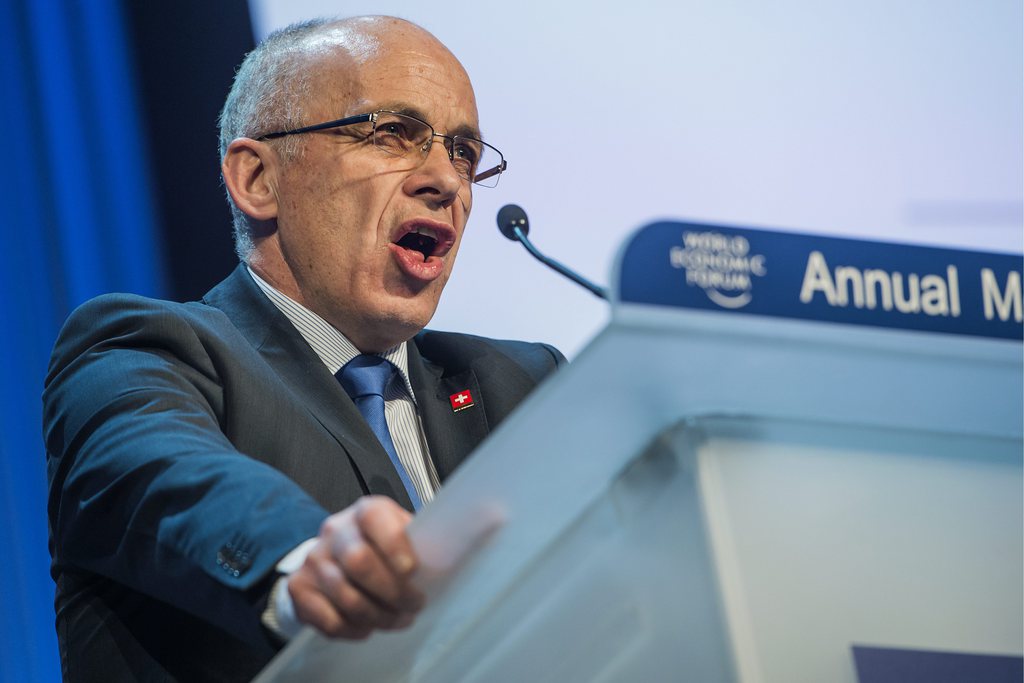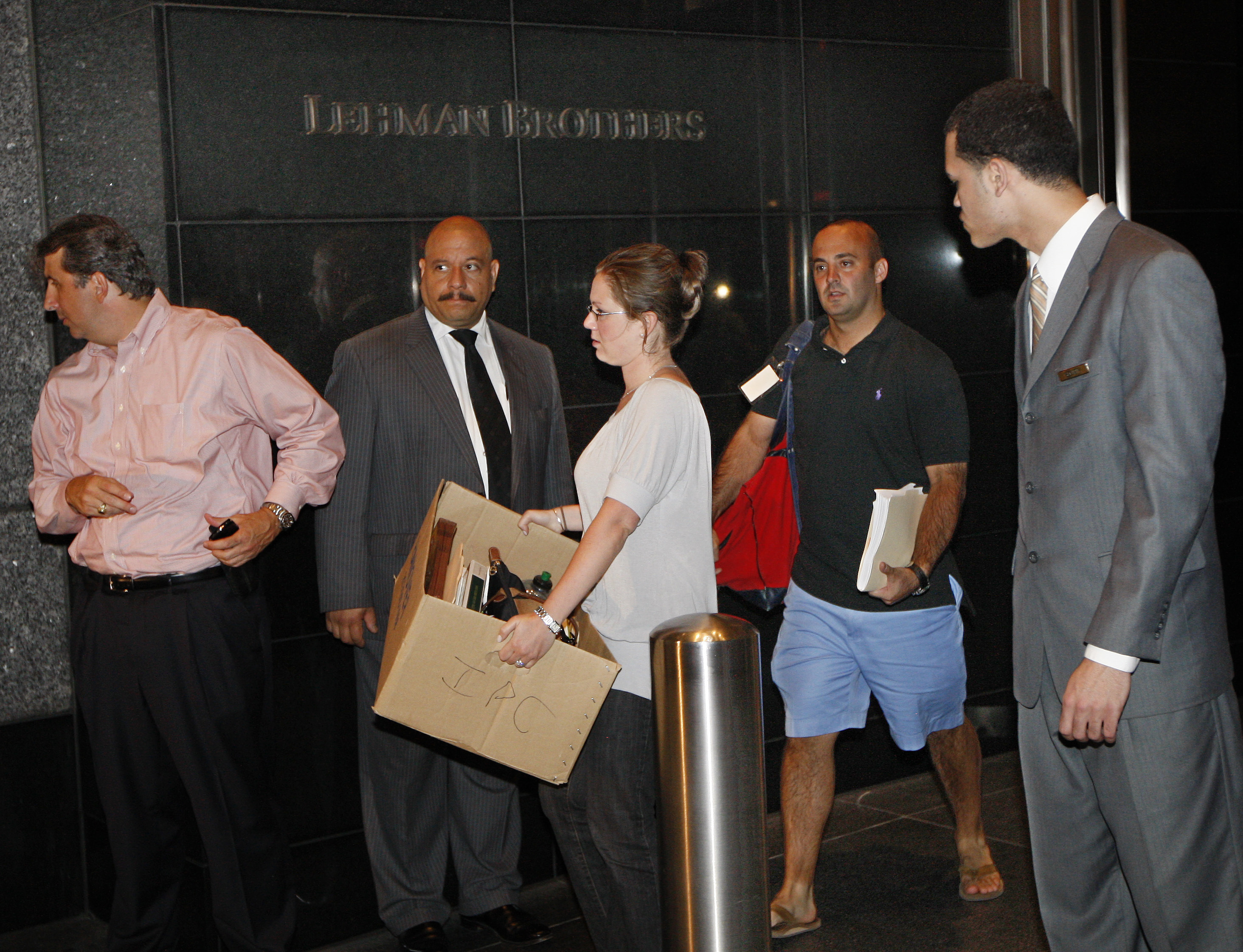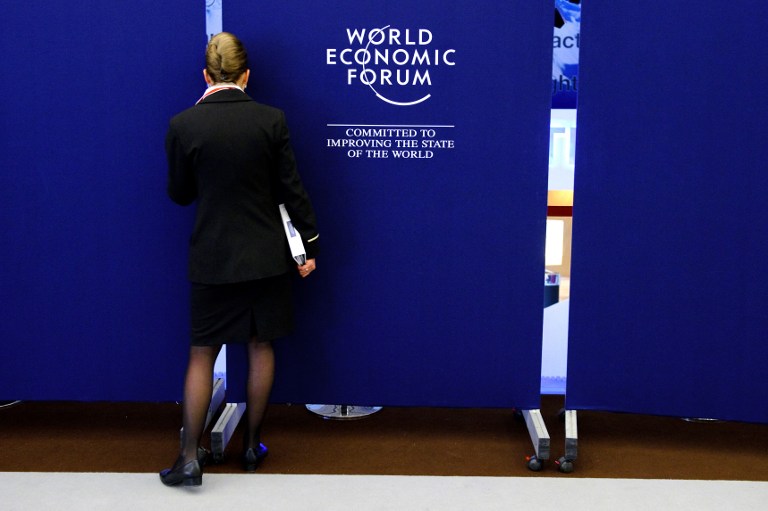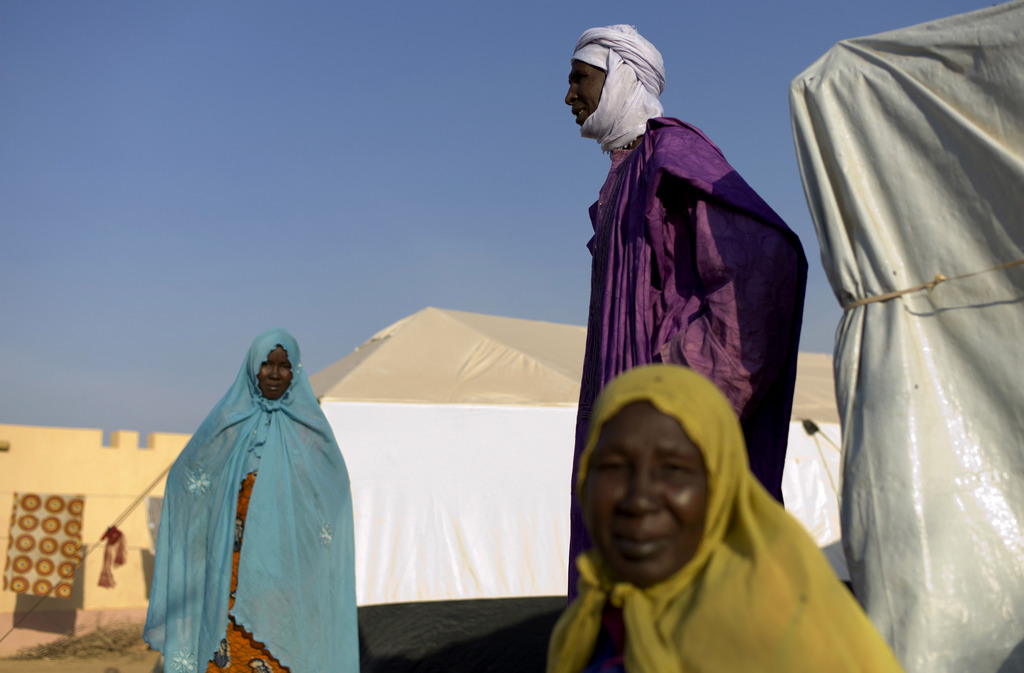WEF highlights global divisions, not solutions

The over-riding impression that many delegates will take away from the 43rd World Economic Forum (WEF) summit in Davos is that the world is a very fragmented place - and one that appears to be drifting further apart.
The conference was dominated by barriers between emerging and developed economies, divisions in the European Union, fighting in Syria and Mali, rioting in Egypt, disagreement on how to fix the financial sector, fears of central bank meddling and growing unemployment.
Early sessions focused on misbehaving banks and Britain’s announcement of a referendum that could signal an exit from the EU.
Bank executives, including UBS chairman Axel Weber and JP Morgan boss Jamie Dimon, bemoaned the piecemeal global regulatory landscape.
“Operational and legal risks in that environment will be much worse than the financial and investment risks that we have dealt with,” Weber warned.
International Monetary Fund (IMF) Deputy Managing Director Min Zhu accused banks, regulators and governments of failing to find common ground five years after the financial crisis broke out.
Finger wagging
Even as the panel was arguing, British Prime Minister David Cameron was announcing a possible split from the EU, accusing the European bloc of being inward looking and uncompetitive.
A succession of EU leaders, including Italian Prime Minister Mario Monti and German Chancellor Angela Merkel, then proceeded to deride Britain’s objections.
IMF Managing Director Christine Lagarde then opened a transatlantic front of criticism by chiding United States lawmakers for failing to agree new government borrowing limits – raising fears that the world’s largest economy could fall off a “fiscal cliff”, unable to pay off its debts.
She told WEF that she hoped the US would in future “avoid the avoidable policy mistake of failing to agree on a debt ceiling.”
It did not take long for US delegates to hit back, accusing Europe, and particularly Germany, of holding back global growth with its ongoing austerity programme. Germany is “out of tune” with the rest of the world, ventured US hedge fund veteran George Soros.
Government spending might result in inflation that would hamper economic growth, but that is infinitely better than no growth at all under austerity, he summed up.

More
Financial sector remains far from secure
Social disconnect
Both Europe and the US were taken to task by South African government minister Trevor Manuel who accused rich nations of standing like “rabbits in the headlights” in the face of mounting problems. Manuel’s comment was indicative of a general frustration that the rich nations are holding up progress in emerging economies.
European austerity was also attacked at WEF by an international umbrella group of trade unions, the UNI Global Union, for causing greater job losses, social inequality and instability.
Nowhere could this instability be seen better than in Egypt, that erupted into riots as North African leaders debated the future of the region in Davos. Egyptian Prime Minister Hesham Mohamed Qandil urged protesters to go back to work, seemingly unaware that rampant unemployment was one of the central issues underpinning their anger.
Hosts targeted
Elsewhere in Africa, the fighting in Mali appeared to be calming down as French forces helped suppress Islamic fighters. But International Committee for the Red Cross President Peter Maurer was under no illusions that the problems were over.
“The whole sub-Saharan region is being weaponised and conflicts are emerging, which is of great concern,” he told swissinfo.ch, adding that the Mali conflict could easily spill over into neighbouring countries.
The ongoing conflict in Syria, that has already claimed an estimated 60,000 lives, showed no signs of subsiding as the WEF summit progressed.
Even WEF host nation Switzerland was not spared a telling off. No sooner had Swiss President Ueli Maurer asked bigger nations to stop bullying the it, than David Cameron announced that the G8 group of powerful countries would launch a fresh crackdown on tax evasion.
Perhaps the Swiss won’t be so pleased to see him next year.
The WEF was started by Klaus Schwab in 1971 at Davos, initially under the name “European Management Symposium”.
It was designed to connect European business leaders to their counterparts in the United States to find ways of boosting connections and solving problems.
It is a non-profit organisation with headquarters in Geneva and is funded by the varying subscription fees of its members.
The forum took its current name in 1987 as it broadened its horizons to provide a platform for finding solutions to international disputes. WEF claims to have helped calm disputes between Turkey and Greece, North and South Korea, East and West Germany and in South Africa during the apartheid regime.
WEF conducts detailed global and country-specific reports and conducts other research for its members. It also hosts a number of annual meetings – the flagship being Davos at the beginning of each year.
In 2002, this meeting was moved to New York for a one-off change of venue to support the city following the 9/11 terrorist attacks of the previous year.
Davos has attracted a number of big names in the world of business, academia, politics and show business. These include: Nelson Mandela, Bill Clinton, Tony Blair, Bono, Angela Merkel, Bill Gates and Sharon Stone.
As the forum grew in size and status in the 1990s, it attracted rising criticism from anti-globalisation groups, complaining of elitism and self-interest among participants.
This year, the Davos summit attracted some 2,500 participants who listened to leaders from the worlds of politics, business, finance, civil society, religion, culture and science.
Some 50 heads of government attended, including British Prime Minister David Cameron, Russian Prime Minister Dmitri Medvedev, German Chancellor Angela Merkel and Italian Prime Minister Mario Monti.

In compliance with the JTI standards
More: SWI swissinfo.ch certified by the Journalism Trust Initiative



You can find an overview of ongoing debates with our journalists here. Please join us!
If you want to start a conversation about a topic raised in this article or want to report factual errors, email us at english@swissinfo.ch.